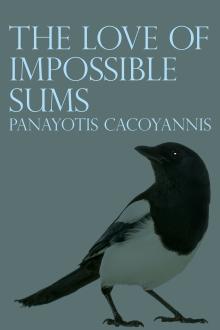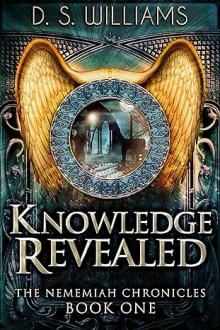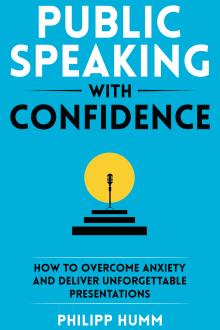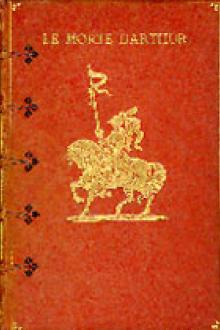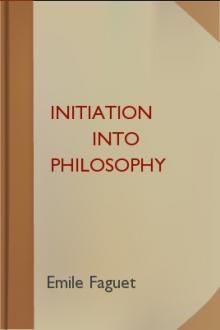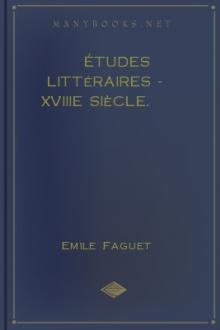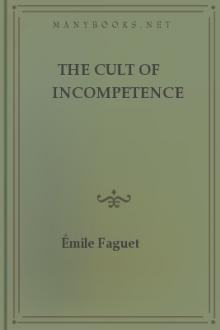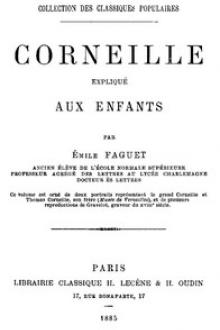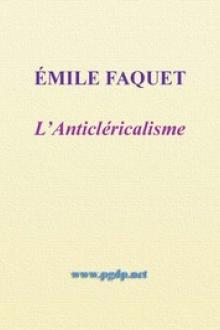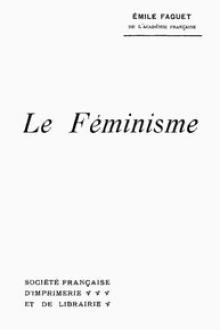Initiation into Literature
Initiation into Literature
Translated by Sir Home Gordon
Book Excerpt
tings, regarded solely from the
literary point of view, form one of the finest monuments of human
thought. The sentiment of grandeur and even of infinity in _Genesis_;
the profound and simple sensibility as in the History of Joseph,
Tobit, and _Esther_; eloquence and exquisite religious sentiment as in
the Book of Job and the _Psalms of David_; ecstatic lyricism, vehement
and fiery, accompanied with incredible satiric force as in the
_Prophets_; wisdom alike equal to that of the Stoics and of the serious
Epicureans as in Ecclesiastes and the _Proverbs_; everywhere
marvellous imagination, always concise at least, if not restrained;
lyrical sensuality which recalls the most perturbed creations of erotic
Greeks and Latins, whilst surpassing them in beauty as in the _Song of
Songs_; and throughout there is this grandeur, this simple majesty, this
easy and natural sublimity which in the same degree is to be found only
occasionally in Homer and which appears to be the privilege o
FREE EBOOKS AND DEALS
(view all)Popular books in Non-fiction, Criticism, Fiction and Literature
Readers reviews
1.0
LoginSign up
This book has 1810 locations on Kindle or 135 pages in the printed edition, no pictures, the table of contents is not active. At the end of the book 1682-1810 there is a 'Index op [sic] Names Cited', this is a very long list of names (8% of the book!) that is not active and has no way of telling you where to find that person in this book, so it does not refer to a chapter, page or location.
The information in this book is not reliable, just 2 examples:
-It is not generally agreed that there were 2 Homers as this author claims at location 127. The discussion about Homer is still going on and this discussion even has a name: 'Homeric Question'. It is not known whether there was just one Homer who wrote The Iliad and The Odyssey, or whether there were 2 Homers (one who wrote The Iliad and the other the author of The Odyssey), or whether both poems are the result of the joining together of many works by several poets.
-Desiderius Erasmus of Rotterdam was not a German as this books claims at location 859. Erasmus was born in 1666 or 1667 or 1669, almost certainly in Rotterdam, the Netherlands - died in Bazel, Switzerland on the 12th of July 1536. He was a priest, author, theologist and philosopher. He was a humanist and one of the most important Dutch philosophers ever.
This book is not only not reliable, it is also boring to read: it reads like a list of names of authors and the books they wrote. It is a bit 'lifeless'. The information given is often not very helpfull, I copy the entry 'Leibnitz' from location 868 below, so you can see for yourself.
(quote, location 868:)
LEIBNITZ.--German poetry of his period, possessing neither originality
nor power, could only interest the erudite and the searchers. The domain
of prose is more enthralling. Leibnitz, who wrote in Latin and French,
and even in German, is pre-eminently the great thinker he is reputed
to be; but though he never possessed nor even pretended to possess
originality in style, he is nevertheless highly esteemed for the purity,
limpidity, and facility of his language.
(unquote)
(Gottfried Wilhelm (von) Leibniz (also spelled as Leibnitz), born in Leipzig on the 1st July 1646 - died in Hannover on the 14th November 1716. Leibnitz was one of greatest thinkers of the 17th century. Leibnitz was one of the three great rationalists of the 17th century, the other two were Baruch/Benedictus Spinoza and René Descartes. Leibnitz was a versatile mathematician, philosopher, logician, fysicist, historian, jurist and diplomat. He developed the infinitesimal calculus at the same time as Isaac Newton, but independently from Newton. His refinement of the binary number system is the foundation of most digital computers. Mei)
The information in this book is not reliable, just 2 examples:
-It is not generally agreed that there were 2 Homers as this author claims at location 127. The discussion about Homer is still going on and this discussion even has a name: 'Homeric Question'. It is not known whether there was just one Homer who wrote The Iliad and The Odyssey, or whether there were 2 Homers (one who wrote The Iliad and the other the author of The Odyssey), or whether both poems are the result of the joining together of many works by several poets.
-Desiderius Erasmus of Rotterdam was not a German as this books claims at location 859. Erasmus was born in 1666 or 1667 or 1669, almost certainly in Rotterdam, the Netherlands - died in Bazel, Switzerland on the 12th of July 1536. He was a priest, author, theologist and philosopher. He was a humanist and one of the most important Dutch philosophers ever.
This book is not only not reliable, it is also boring to read: it reads like a list of names of authors and the books they wrote. It is a bit 'lifeless'. The information given is often not very helpfull, I copy the entry 'Leibnitz' from location 868 below, so you can see for yourself.
(quote, location 868:)
LEIBNITZ.--German poetry of his period, possessing neither originality
nor power, could only interest the erudite and the searchers. The domain
of prose is more enthralling. Leibnitz, who wrote in Latin and French,
and even in German, is pre-eminently the great thinker he is reputed
to be; but though he never possessed nor even pretended to possess
originality in style, he is nevertheless highly esteemed for the purity,
limpidity, and facility of his language.
(unquote)
(Gottfried Wilhelm (von) Leibniz (also spelled as Leibnitz), born in Leipzig on the 1st July 1646 - died in Hannover on the 14th November 1716. Leibnitz was one of greatest thinkers of the 17th century. Leibnitz was one of the three great rationalists of the 17th century, the other two were Baruch/Benedictus Spinoza and René Descartes. Leibnitz was a versatile mathematician, philosopher, logician, fysicist, historian, jurist and diplomat. He developed the infinitesimal calculus at the same time as Isaac Newton, but independently from Newton. His refinement of the binary number system is the foundation of most digital computers. Mei)
- Upvote (0)
- Downvote (0)
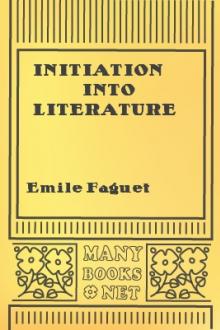
 Free Download
Free Download


